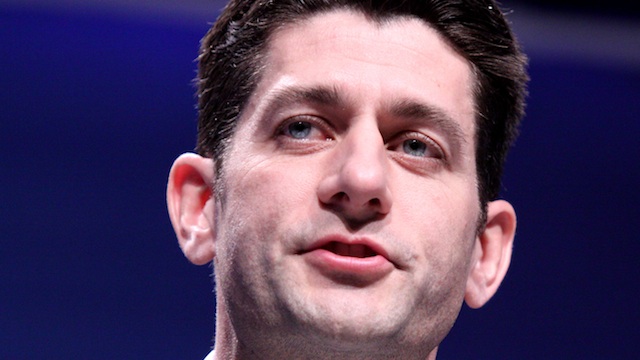Why the “Civilized Internet” is Uncivilized

Ahead of the formal G8 summit this week in northern France, the world’s technology visionaries are gathering in Paris to meet with the G8 leaders to discuss the future of the Internet. Jeff Bezos of Amazon will be there. Mark Zuckerberg of Facebook will be there. Eric Schmidt of Google will be there. But the topic of debate will not be how to open up the Internet to more voices and bring about greater personal freedom in the world in places like the Middle East and China. Instead, as mandated by host Nicolas Sarkozy, talk will be of a “Civilized Internet” that can be monitored, governed, controlled and (most imporantly) taxed.
You see, somehow the notion of the Internet as a medium of creativity and personal expression and democracy has been conflated with the notion of the Internet as the harbinger of a bad new world (to quote Sony’s Howard Stringer) of cyber-crime, political lawlessness and the disrespect of creative institutions like copyright. In contrast to an “Uncivilized Internet” populated by rogues and outlaws, a “Civilized Internet” is a place where governments can control and monitor dangerous dissidents, where threats of cyber-terrorism can be quashed easily, and where large, deep-pocketed corporations no longer have to worry about disruptive innovation at their doorsteps.
How did we get to this place, where French intellectuals are determining the future direction of the Web? In some sense, the notion of a “Civilized Internet” is a failure by some of the smartest people in the world to understand that the Web was always intended to be a little bit messy, a place where small pieces loosely joined can accomplish amazing things that highly-architected, highly-regulated organizations never could. While Malcolm Gladwell may not agree, a highly distributed Web is also one of the most important tools that citizens have to democratize authoritarian regimes. Ask leaders in Tunisia or Egypt or Syria or Yemen.
Certainly, the notion of an e-G8 summit is a good idea if it brings together the world’s top leaders to listen carefully to the needs and aspirations of Silicon Valley’s top minds. For G8 leaders who have never sent out a status update or “Friended” another world leader, it will surely be invigorating to hear from Mark Zuckerberg of Facebook. And, surely some of these leaders are in need of an Internet primer – they may be able to understand the Internet from the perspective of a jobs creation machine, but they do not always understand the Internet from the perspective of a personal democracy machine.
In an op-ed piece for the New York Times last spring, French foreign minister Bernard Kouchner (echoing Voltaire) noted that the freedom of expression is the basis for all other freedoms. He gave voice to the notion that “the Internet is above all the most fantastic means of breaking down the walls that close us off from one another. For the oppressed peoples of the world, the Internet provides power beyond their wildest hopes.” After the Arab Spring, his prescient words carry particular weight. As foreign dignitaries prepare to land in Normandy, worries about cyber-terrorism and cyber-dissent should not become the pretext for control and censorship of the Web.
[image: G8 Leaders Confer Together via Wikimedia Commons]





